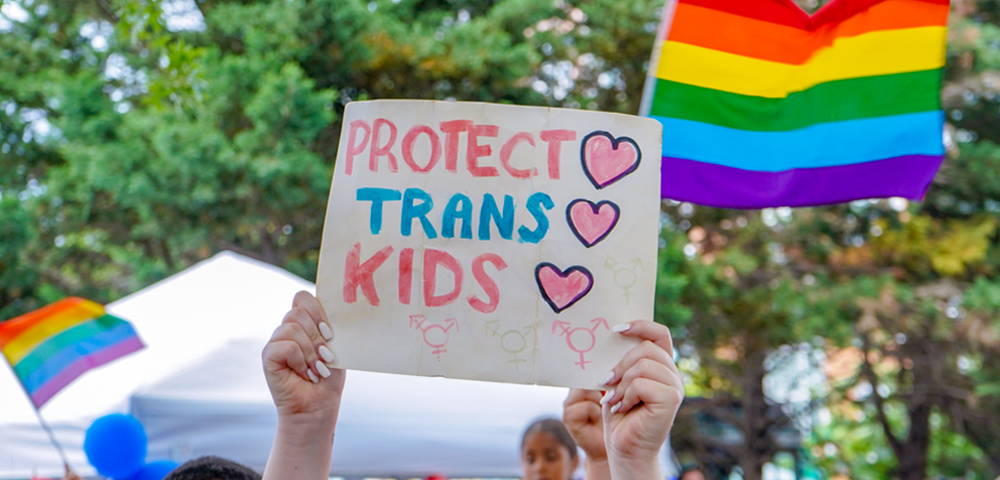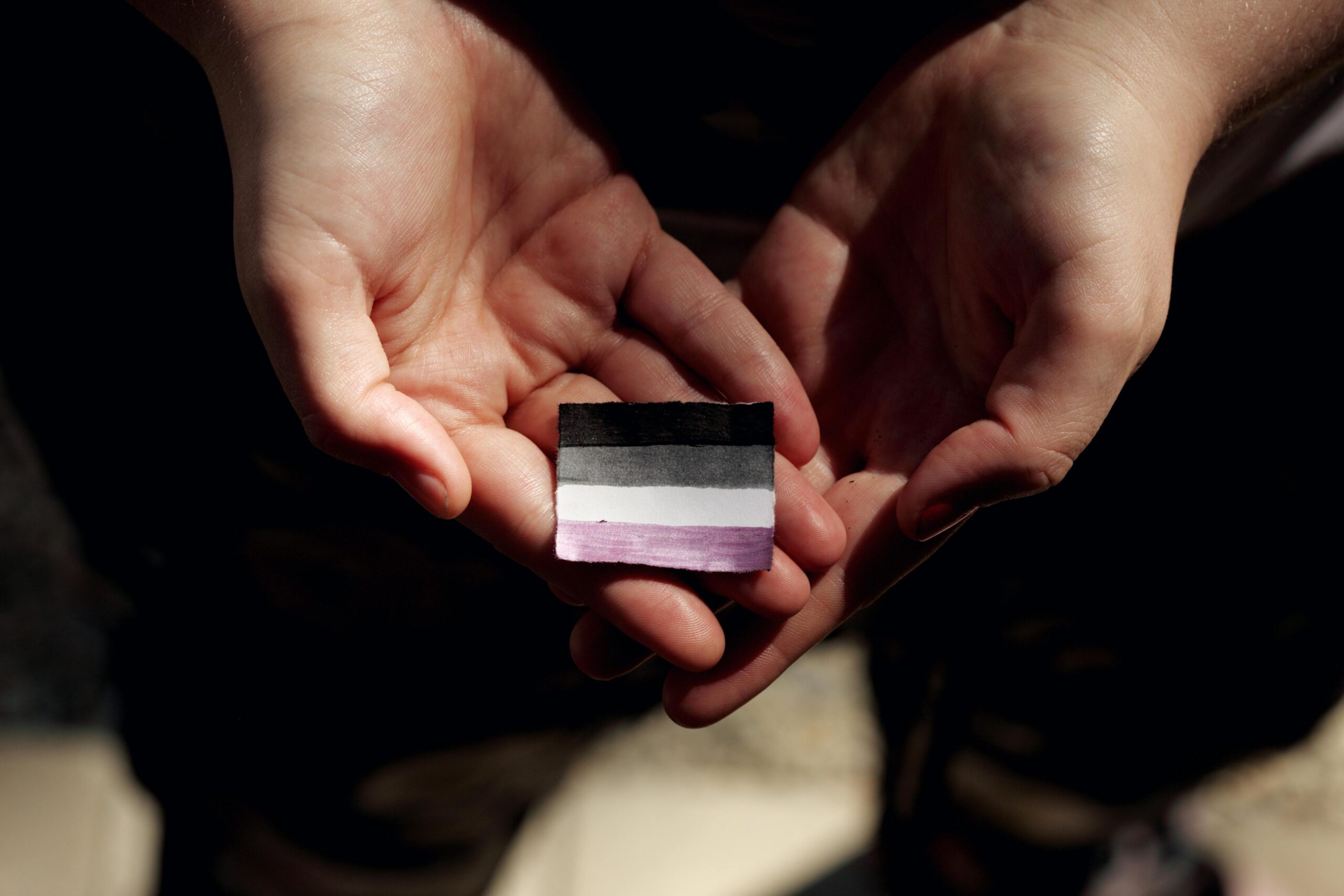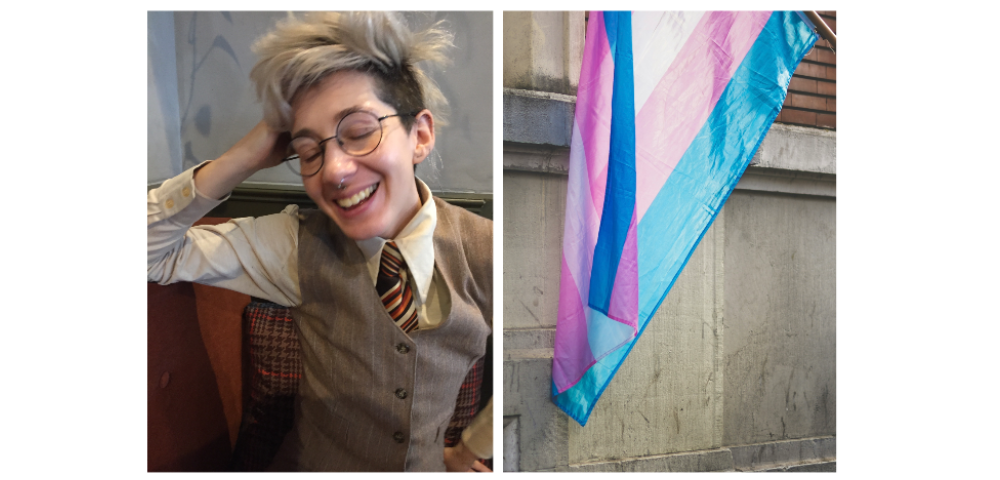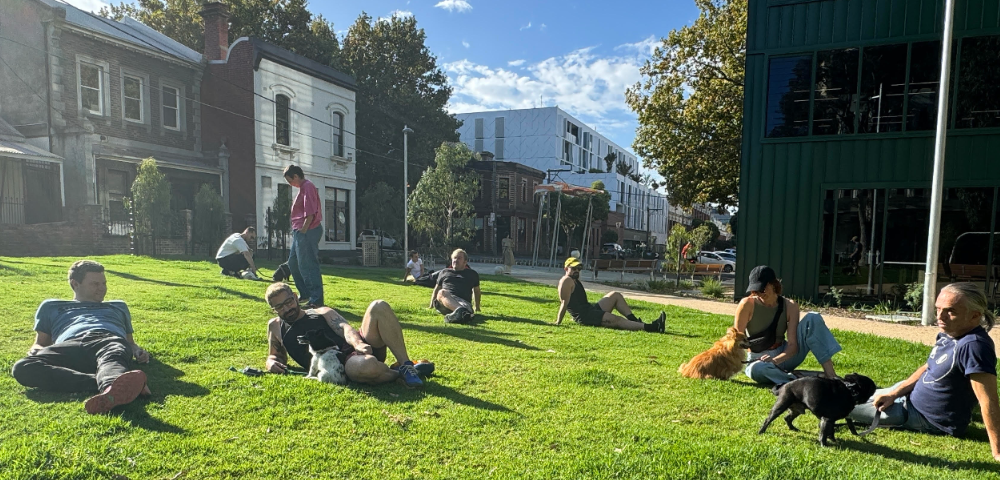

IN the mid 90s there was a pink dollar push.
The idea that advertisers should target gay men because we have fewer kids and therefore higher than disposable incomes, swept through the car, food, clothing and travel industries.
In Australia, the idea was picked up by gay magazines keen to attract advertisers. It was also picked up by the Sydney Gay and Lesbian Mardi Gras festival, determined to mainstream itself by promoting its financial impact on the Australian economy.
Sadly, it was all a lie.
Studies from Ireland, the UK and the US were beginning to show that gay people have lower-than-average incomes because of prejudice and discrimination in the workplace.
Yes, a small minority of visible, inner-city gay men in gay-friendly workplaces might have enviable incomes. But the overwhelming majority, living in the suburbs and working in conventional environments, still had pay that was prey to prejudice.
I felt a responsibility to highlight these studies and challenge the myth of the pink dollar. That myth was camouflaging widespread workplace discrimination and gave anti-gay groups a free kick in their campaign to downplay gay disadvantage.
I was pilloried for my trouble, especially by some gay community leaders in Sydney. So you can understand why I feel more than a little vindicated by the latest Australian research into gay pay.
University of Melbourne economist Andrea La Nauze, has found that men in same-sex relationships are paid eight to 18 per cent less than other men.
I suspect if the sample was broadened to all same-sex attracted men the rates would be even worse.
The upside is that women in same-sex relationships have a positive wage premium of 0 to 13 per cent.
La Nauze suspects this is because employers feel lesbians are less likely to leave work to have kids. If true, expect the lesbian pay dividend to evaporate as ever more same-sex attracted women have kids.
Now that gay pay disparity is an established fact in Australia, it’s time to come up with some solutions.
Law reform is part of the solution. Australia’s anti-discrimination laws are not strong enough. We need a federal sexuality and gender identity discrimination law to send the strongest possible message to employers and managers that prejudice is no longer acceptable.
The previous government’s solution of tucking LGBTI people into the existing Sex Discrimination Act was at best a stop-gap. At worst it was a declaration that sexuality and gender identity discrimination aren’t as serious as forms of discrimination that are dealt with by their own stand-alone Acts, like race, sex, age and disability.
We must also remove exemptions from state and federal anti-discrimination laws that allow faith-based schools and welfare agencies to discriminate against LGBTI people. These exemptions not only allow workplace discrimination against a large number of LGBTI employees. They also send out the message that society will turn a blind eye to discrimination wherever there is cultural resistance to addressing that discrimination.
I’m proud Tasmania has set the benchmark in this regard. It is the only state with no exemptions for faith-based organisations when it comes to discrimination on the basis sexuality or gender identity.
It is also the only state to protect intersex people from discrimination.
Church leaders aren’t clamouring for this to be changed. Like other Tasmanians they can see the state is a better place because of its strong workplace discrimination laws.
If Tasmania can enact comprehensive anti-discrimination protections other states have no excuses.
But law is only the start.
Reducing the gay pay disparity involves cultural change in workplaces across the nation. It might seem like an almost impossible task to foster greater equity and inclusion in hundreds of thousands of diverse worksites, but it is already happening on an ad hoc basis in hospitals, police stations, old age homes, local government services and schools. These workplaces are implementing a variety of different programs funded through various sources. What they have in common is that we know they work, thanks to independent evaluation.
The problem is lack of resources to implement them more widely and systematically. For this to change, governments and businesses need to be persuaded that discrimination is both morally wrong and bad for the bottom line. A workplace where there is prejudice and exclusion will not perform at maximum capacity.
Hopefully, the latest gay pay research will send a message to ministers, managers and board members that there is a serious wrong they have the responsibility to right.
Rodney Croome was named 2015 Tasmania of the Year for his gay equality advocacy. He’s also the National Director of Australian Marriage Equality.










You call this PROOF…”Australian workers doing the same job seem to be paid differently because of their sexual preference,” she said.
I might read the whole of the white paper if it is one and not the humbug it sounds like ‘seems’!
Discrepancy in what industry? Maybe these men are paid what they are worth…maybe they are employed by bitchy homosexuals….maybe they negotiate lower wages….maybe they have less or no qualifications to put them into a higher bracket …maybe many things. If people want to keep employees they pay them well however some homosexuals I know don’t seem to be able to put in a full week’s work. As for women again…there could be many reasons and I don’t see even the slightest evidence offered for either pay claim.
If there is a reason for discrimination which is unreasonable that must be fixed and it looks as though if there IS a case heterosexual women have one also.
If this is just another scraping of the ‘poor us’ barrel then I think a lot of us are sick to death of hearing about your paranoias and efforts to drag down the dignity purpose and idealisms of marriage so you can get off on a big win. In matters where there are realistic claims the heterosexual people will support you. Your petulance and infantile sexuality, your mockery and mincing paraded about in adult bodies adults, your desires to see more young people ‘come out’ and to adopt children very rightly makes people not of your lifestyle preference and I would hazard a guess and say quite a number of less neurotic and greedy homosexuals very wary of you. All those clergy of various religions who engaged in paedophilia with boys are homosexuals and all of the international ‘adopt and groom’ groups recently discovered who train boy children even from the cradle to satisfy homosexual lusts and perversions with children and swap them around are homosexuals. What do you do about it?..ZERO….so get off your bike sometimes.
“The upside is that women in same-sex relationships have a positive wage premium of 0 to 13 per cent…. this is because employers feel lesbians are less likely to leave work to have kids. If true, expect the lesbian pay dividend to evaporate as ever more same-sex attracted women have kids.”
So? If their pay drops then they’re being treated exactly the same as heterosexual mothers. Isn’t that what it’s all about?
When Centrelink changed their rules to recognise same-sex couples it meant reduced benefits for the disabled, pensioners, their carers etc. I asked on one online forum; what’s the point of equality if people are worse off? The only answer I got was “Being gay isn’t a get-out-of-jail-free card.” :(
I have seen the enemy and it is us!